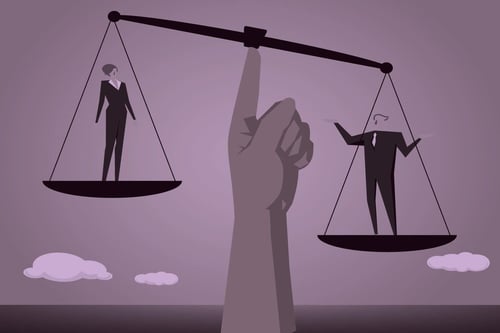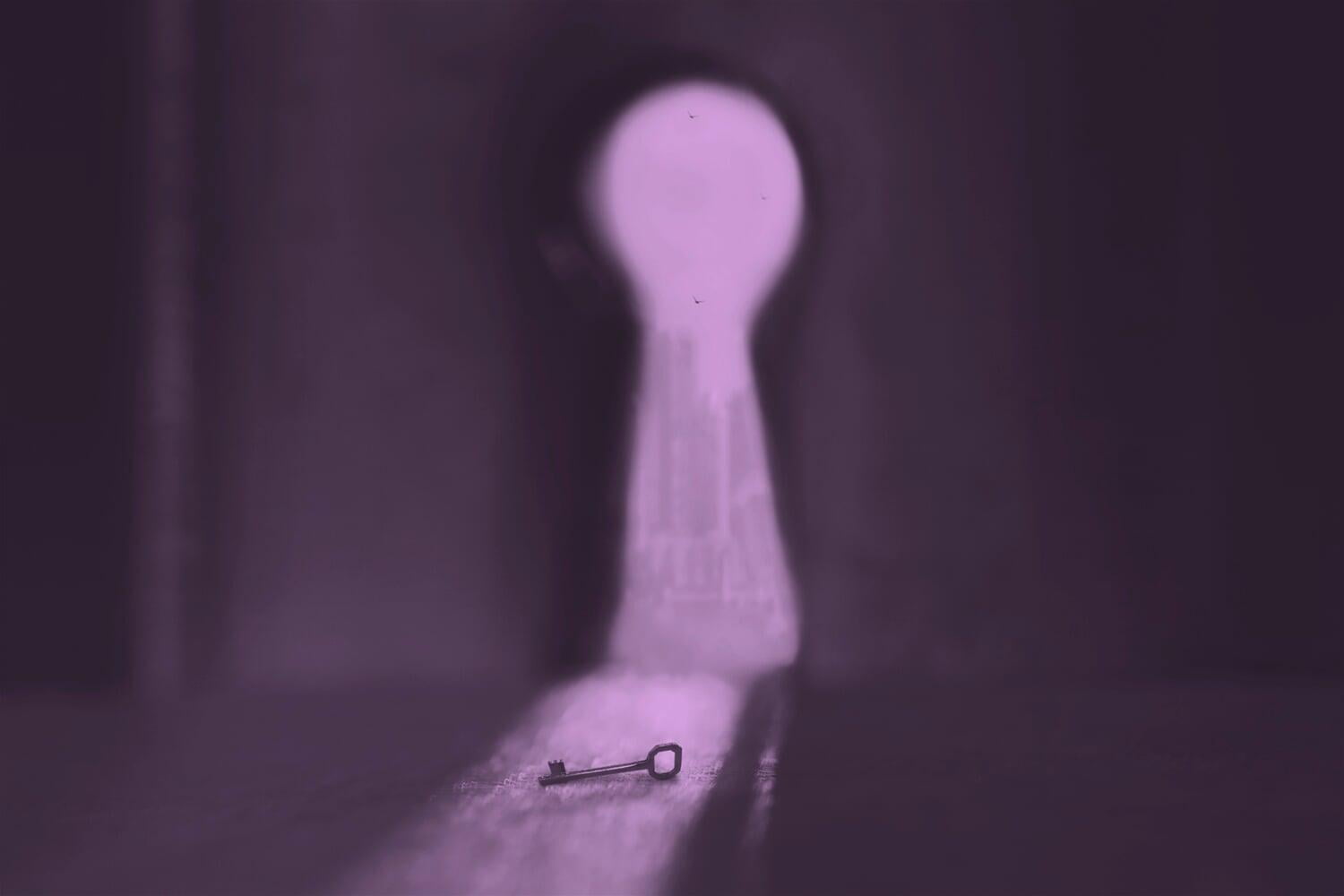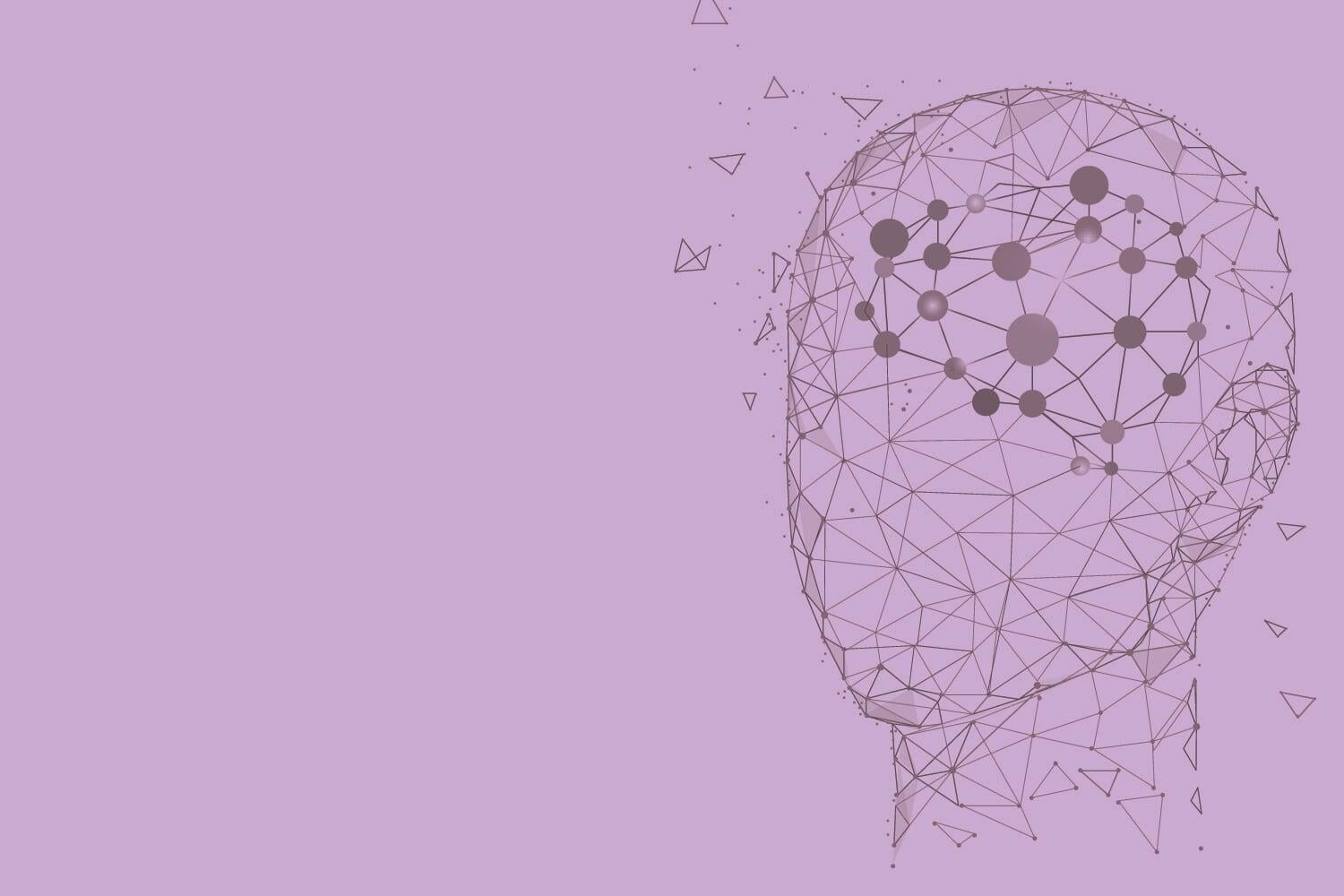
The Pathway to Excellence | Learn | Values and Beliefs
Ethical Decision Making
We need to adopt an approach to making choices in our lives based on what we think is ethical decision-making – how we should identify the correct options for us to live a life based on an appreciation of what is good and right according to our core beliefs and moral code.

The choices we make in our day to day lives grow to define us as people. If we have identified our core beliefs and moral code, then we should next consider how these apply to our lives. Ethical decision making is about adopting an approach to making choices based on our values. This approach will help us to identify the good and right answers in order for us to live a life based on the appreciation of what is good and right, according to our core beliefs and moral code.
Every day, we face many opportunities and challenges. Some of these appear accidentally, others by design. Though all differ in size, importance and complexity, each of them requires decisions to be made. In each one of these moments, we have the power and autonomy to be true to ourselves, and act in a way that reflects who we are at this moment, as well as the person we want to become. It is important that these decisions align with our core beliefs and moral code. If not, we are likely to feel guilt, regret and disappointment in both ourselves and the world we have created by acting unethically.
“A man without ethics is a wild beast loosed upon this world.”
Albert Camus
Some decisions require more attention than others. Important ethical dilemmas that keep us up at night require interrogation and investigation. This often means a concentrated and intentional effort to identify all possible solutions and consider deeply which course of action aligns best with our own morality. Seeking counsel from our family, our friends and those people we look up to or applying ethical frameworks can be very useful in this process. But in both cases, we must have a clear understanding of our own ethics and morality first and foremost. At the end of the day, these need to be the markers we return to in order to judge how we have acted.
Often we find ourselves in situations where it is incredibly difficult to make the right decision. Sometimes this might be because others pressure us or it might be because we feel an intrinsic pressure to live up to an expectation we have set for ourselves. The truth is, however, that it is normal to want to do something for an immediate reward; it is difficult to understand the importance of the big picture. To overcome these expectations we need to build a sense of moral resilience – a sense of validation in being a good person. This doesn’t mean we are negative about or look down on others; it means we set a high standard and hold ourselves accountable when we don’t meet it.
The reason why we act ethically is also important. We should act ethically because there is value in being a good person. The world becomes a better, kinder, and more loving place when we all worry a little less about ourselves and care a little more about others. Doing the right thing should not be underwritten by a self-conscious desire for congratulations or credit. It should not come solely with the hope of receiving something commensurate in return. It should not simply look forward to a future pay off.
The truth is that no one will get it right one hundred percent of the time. We will get it wrong a lot of the time and that’s okay. As we grow older and commit to the process of ethical decision-making our margin of error will fluctuate. Over time, we will feel more comfortable making difficult decisions that put the needs of others first. Slowly and surely, we will stop doing things because we see something in it for ourselves and we will start doing them because they are the right thing to do.
We can contemplate our Ethical Decision-Making by considering the following questions:
- Do I have a clear sense of what is the “right thing” to do and can I confidently apply this to the daily and sometimes difficult decisions I make?
- Do I have a full understanding of what I need to do to meet all ethical standards for academic honesty and integrity in my studies?
- Am I confident that I would choose to do the right thing even if doing so had negative consequences?
- Have I made mistakes in the past in my ethical judgment but learnt from these to make me better?
- Do I let pressure or circumstance override my sense of what’s right and what’s wrong to do?







